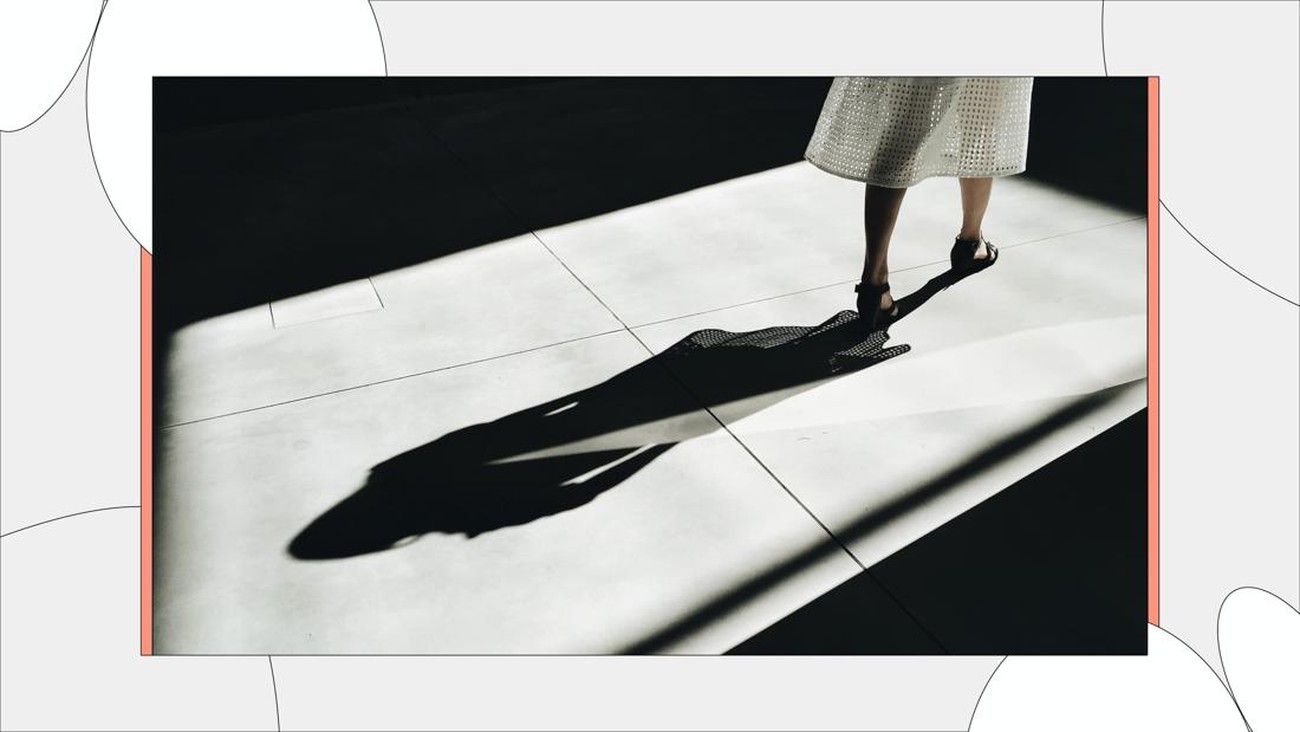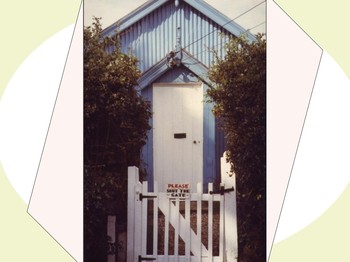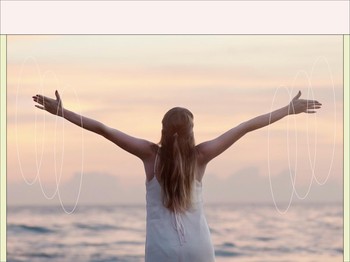Everyone has an internet persona. Everything you put on the internet through your personal social media account, be it public or private, is counted as a persona; which is perceived by other people that generates a first impression or sometimes determines presumed personality. There's a truth in that, though, as social media is commonly used to express oneself, real or constructed.
It's no secret that most Gen Z has an alternative account other than their 'main account,' this is what's called a second account-an account used to freely post anything or to 'shitpost' without having the judgment from public peers. Through the second account, users can post anything they want; anger towards a certain person, critiques thrown at famous figures, films they enjoy, down to a visual diary.
A Journal of Communication Studies of Universitas Padjajaran states how students think their main account's followers are just too many and public, it felt less personal that people don't want to take the risk of being critiqued by their followers. However, they still want to express it to a smaller audience and their closest friends, hence a second account is born. To give a more in-depth perspective in regards to the second account phenomenon, I asked several of my friends who own and don't own second accounts.
Aretta, a law master student, told me how she uses a second account to express anything without having the fear of being judged by others. She explains that 'first account' generates a certain pressure she'd like to avoid. "There's pressure on how you need to appear perfect through your posts on the first account. With the second account, I can post my daily life more freely without having to worry about people judging me," Aretta says, who recently just posted a video of her beloved cat on her second account.
The people Aretta lets into her second account are what she called the first ring and second ring, meaning friends who are mostly close to her. "Anyone I trusted my words to and few people I know that don't have the intention to reshare or gossip about me behind my back," she says. "But there were times when I had to follow some people who are not that close to me because they were like, "Let me follow your second account!" and I just can't say no or it will be awkward," she states.
On the other hand, my friend, Anselma, doesn't own a second account. She utilizes Instagram's close friends feature instead to share her opinions, TikTok videos, and glance at her daily life. "I'm just too lazy to switch accounts." she sheepishly laughs. "To think about it, I'm not the type of person who likes to share, because it can be annoying," she claims. Anselma's criteria of people that have access to her close friend's list are people who are always in touch with her. "As cliche as it sounds, I only let 15 people that mostly have been in contact with me since high school. Just those who share the same frequency as me," she says.
The second account culture has been normalized, especially ever since Instagram released a new feature in 2016 which allows users to switch between two to five accounts. "I think having a second account is normal, because with social media, especially Instagram, we show what people want to see about us. We display the nice things. So, second account allows people to be the true version of themselves." Anselma explains.
Aretta states how there's a possibility that she will keep her second account active for a really long time. "I love having a second account-- I'm grateful for my small circle of friends which grants me the freedom to post anything comfortably," she says. "Plus, it's a great platform to see what's everyone has been doing without having to ask them directly, you know." she continues.
What we can understand from these statements is that a second account is created by people with curated audiences that we don't mind sharing our other side to. While the main account lets us connect with whoever we like, whether it's people we only met once or people who cross our paths in high school, we don't feel like there's the need to share several things with them; that becomes the role of a second account. As what Anselma further exclaims, "Be free to fake it all out on the main account and be brutally honest on your second account."
Perhaps, we all acknowledge that the world is becoming more judgmental, or we just don't want to cause inconvenience or discomfort to others by sharing too many sides of ourselves, or simply, maybe we need more freedom and flee from someone's controlling fingers. For whatever reason that is, it can be concluded how second accounts are made and utilized by our generation as a form of escapism, at the same time a free-judgment medium.
(HAI/DIR)





























